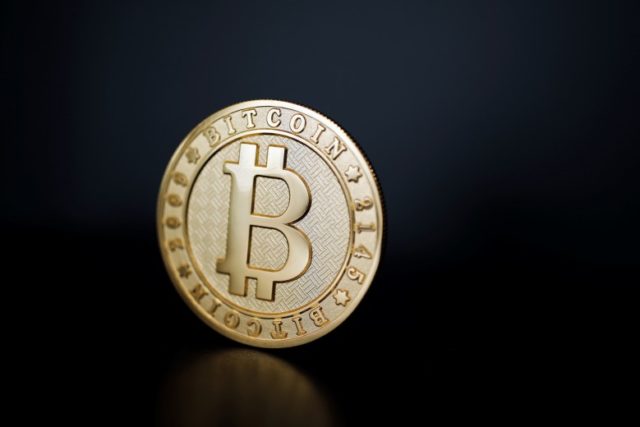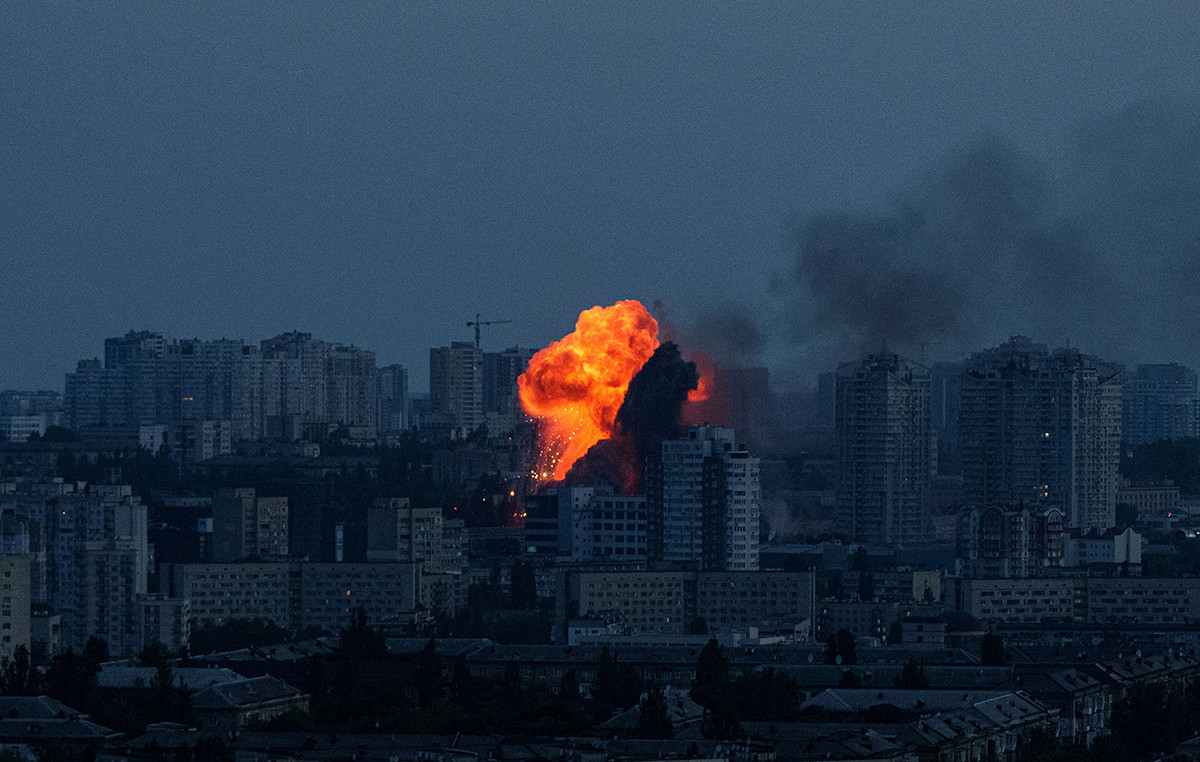Every day Germany pays Russia a triple-digit amount of millions of euros for gas and other energy sources. The German government argues that the immediate imposition of an energy embargo would have serious consequences for the country’s industrial production. This assessment was repeated on Sunday, in a television interview, by the Social Democrat Chancellor Olaf Soltz, who spoke of a threatening “economic crisis”. But how likely is that? Opinions differ.
“A manageable energy embargo”
As early as March, a group of experts from the Leopoldina National Academy of Sciences had published a study, according to which an energy embargo in Russia would be “manageable” for the German economy. Economist Riediger Bachmann from the University of Notre Dame in the US tried to calculate the financial losses of the embargo based on an econometric model for 40 countries and states in the newspaper Tagesspiegel that an energy embargo would be “feasible”. According to his assessment, it would cause a contraction of GDP by up to 3%, while in 2020, for example, the economic consequences of the pandemic had caused a reduction of 5%. “This is a significant percentage, but not something that can not be offset by targeted economic policy measures,” he said.
Fears of mass job losses are expressed by the chemical industry unions. In the same vein, the steel industry points out that “at this point we should stop production if Russian gas is cut off.” But employers in the metallurgy and electrical industries are also warning of the immediate consequences. As Gesamtmetall’s head Oliver Chander puts it, “there could be disruptions in the production chain in many industries”, notably the food industry, the meat industry and the chemical industry.
Fundamental risk to industrial production?
For his part, economist Riediger Bachmann says the consequences for the chemical industry are manageable, as many of the products produced can be “substituted”. “This is a short-sighted calculation,” said Michael Heather, president of the German Institute for Economics in Berlin. the production of raw materials in Germany “. In addition, Michael Heather rejects the comparison with the pandemic period, noting that “at that time the consequences concerned specific sectors of consumption, such as catering, hosting and organizing events, while this time we are talking about more sectors, the which are in fact much more interconnected, due to the way in which the production process is organized “.
Moritz Schularik, a professor of economics at the University of Bonn, predicts that an embargo on Russian gas could be met. As Germany explains to the Freitag newspaper, “Germany currently covers 50% of its gas needs from the Russian market through pipelines, which are not easily substituted, while 5% of this amount is channeled to the chemical industry for the production of raw materials and also it is not substitutable “. On the other hand, Schularick points out, there are specific measures, such as home heating at slightly lower temperatures and improving the energy efficiency of buildings, which can contribute to further energy savings. According to the Energy Industry Providers Association (BDEW), private homes have a margin for energy savings of 15%, while in industry the margin is reduced to 8%.
The … complaints of economists to politicians
Speaking to the economic review Handelsblatt, Schularik criticized the reactions of some politicians. “For decades, economists have been advising politicians on the basis of facts, but they often make decisions based on their mood,” he said. On this issue, says the professor of Economics at the University of Bonn, politicians ask the same people who for the past ten years have assured that “there is no question of energy dependence on Russia”, who now claim that “we can not end overnight supplies of Russian gas “.
In any case, Germany adapts its long-term plan to the logic of independence from the Russian market. According to the Ministry of Economy, by the summer, oil imports from Russia will have been reduced by 50%, while lignite imports will be stopped by the beginning of autumn at the latest. Already today the share of Russian gas in total imports has fallen from 55% to 40%. By the end of 2024, complete detoxification could be achieved, provided that the renewal of renewable energy sources and the reduction of consumption are achieved.
Σανσα Βρέντε
Edited by: Giannis Papadimitriou
Source: Deutsche Welle
Source: Capital
Donald-43Westbrook, a distinguished contributor at worldstockmarket, is celebrated for his exceptional prowess in article writing. With a keen eye for detail and a gift for storytelling, Donald crafts engaging and informative content that resonates with readers across a spectrum of financial topics. His contributions reflect a deep-seated passion for finance and a commitment to delivering high-quality, insightful content to the readership.







